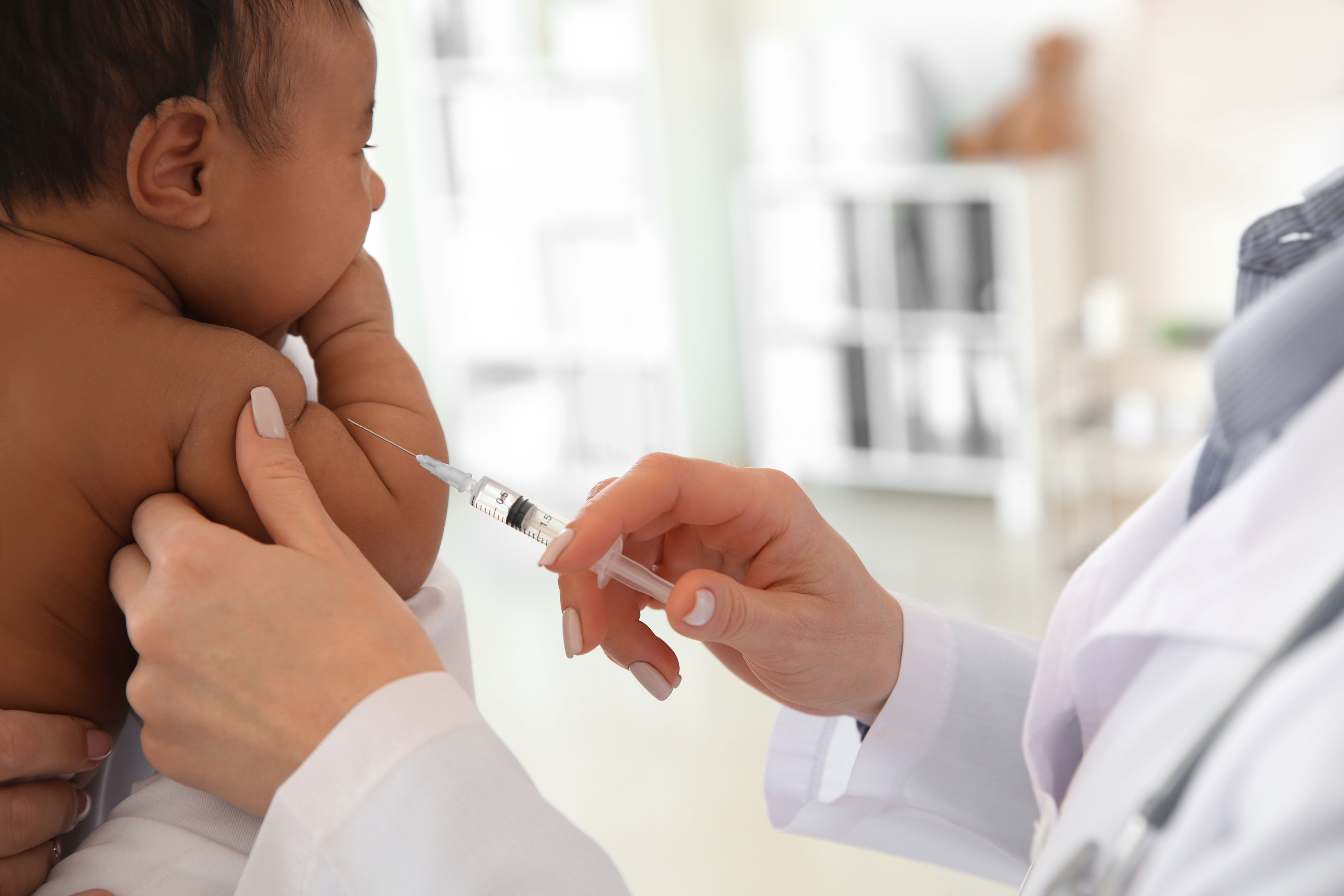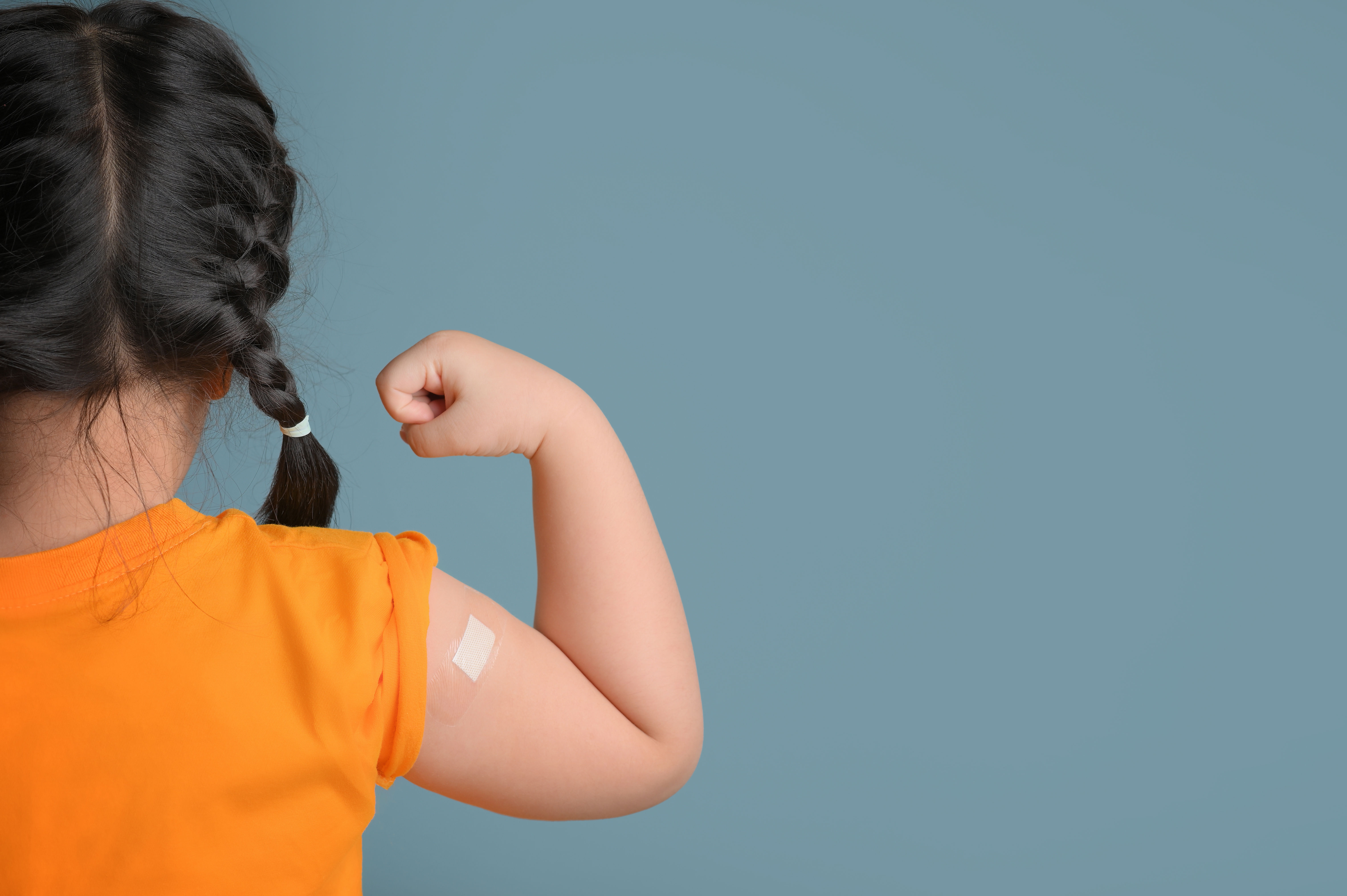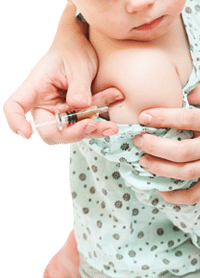
Caring for children involves building a strong foundation for their future health, and vaccines are a critical part of that journey. The comprehensive vaccination schedule is designed to safeguard your baby against diseases and set them up for a better life.
Baby Vaccination Schedule Explained | Must-Know Info
Baby Vaccination Schedule Explained | Must-Know Info
From BCG to Measles-Rubella, here’s your go-to guide on baby vaccines and when to get them—explained simply.
The immunisation program includes a comprehensive list of vaccines, each crucial for protecting children from specific infections and promoting overall well-being.

The vaccine schedule outlines essential immunisations for children, including doses for diseases like polio, measles, and hepatitis, given at specific ages to protect their health.

The National Immunisation Schedule recommends the following vaccines for infants and children .
| Vaccine | Purpose | Recommended Age |
| BCG (Bacillus Calmette-Guérin) | Protects against tuberculosis | At birth |
| Hepatitis B | Prevents hepatitis B infection | At birth, 6 weeks, 6 months |
| OPV (Oral Polio Vaccine) | Protects against poliomyelitis | At birth, 6, 10, 14 weeks |
| Pentavalent (DPT-HepB-Hib) | Combines protection against diphtheria, pertussis, tetanus, hepatitis B, and Haemophilus influenzae type B | 6, 10, 14 weeks |
| Rotavirus Vaccine | Prevents rotavirus-induced diarrhoea | 6, 10, 14 weeks |
| IPV (Inactivated Polio Vaccine) | Provides additional protection against poliovirus | 6, 14 weeks |
| PCV (Pneumococcal Conjugate Vaccine) | Protects against pneumococcal infections | 6, 14 weeks, 9 months |
| Measles/MR (Measles-Rubella) Vaccine | Protects against measles and rubella | 9 months, 16-24 months |
| JE (Japanese Encephalitis) Vaccine | Protects against Japanese encephalitis | 9 months, 16-24 months (in endemic areas) |
| DPT Booster | Booster for diphtheria, pertussis, and tetanus | 16-24 months, 5-6 years |
| OPV Booster | Booster dose for polio | 16-24 months |
| Vitamin A Supplementation | Prevents vitamin A deficiency | Starting at 9 months, then every 6 months up to 5 years |
Vaccinations in general are safe. However, some infants may experience mild side effects which are usually self-limiting. If symptoms persist consult your doctor.

It’s normal for babies to have mild discomfort at the site where the vaccine was given. Common signs include:
Apply a cool, damp cloth to the area to relieve pain.
It’s normal for babies to have mild discomfort at the site where the vaccine was given. Common signs include:
Apply a cool, damp cloth to the area to relieve pain.
Some babies may experience mild systemic side effects, including:
A mild fever after vaccination indicates that your baby’s immune system is responding.
While most side effects are mild, some signs may indicate a serious reaction. Call a doctor if your baby has:
Some rare reactions require immediate medical attention, and knowing these signs helps parents respond quickly if needed.

High fevers may trigger febrile seizures, which can be scary but are usually harmless. However, non-febrile seizures (without fever) could indicate a serious condition and require immediate medical attention.
Though extremely rare, anaphylaxis or an allergic reaction is a life-threatening situation that needs urgent care. Watch for:
Most vaccine side effects in babies are mild and resolve on their own. If you're ever unsure, consult your paediatrician for guidance.

Vaccine care
It's normal for your baby to be upset for up to 48 hours after having the injection.

Feeding routine
After getting vaccinated your baby may need more frequent breastfeeds throughout the day.

Vaccine care
If your baby has a fever or in pain, ask your doctor about using acetaminophen or ibuprofen.

Vaccine ready
Ensure your baby’s upper arm or thigh is accessible for the vaccine injection.

Vaccine shots
Try distracting your baby with a toy, song or breastfeeding during their vaccine shot.

Trusted guidance for your baby’s health, growth, and everyday care.
FAQs
Your baby needs vaccines for diseases like tuberculosis, polio, hepatitis B, measles, and more. Follow the vaccination schedule provided by your paediatrician.
It’s best not to delay. Sticking to the schedule ensures timely protection against diseases. If unavoidable, consult your doctor to adjust the timeline.
Mild illnesses like a cold usually do not interfere with vaccination. However, severe illness may require rescheduling.
Yes, vaccines are thoroughly tested for safety. Side effects, if any, are usually mild and temporary.
If your baby misses a vaccination, don’t panic. Consult your paediatrician for a catch-up schedule to ensure your baby receives the missed vaccines.
Yes, the typhoid vaccine can sometimes cause a mild fever in babies as a normal immune response. This is temporary and usually resolves within 1-2 days.